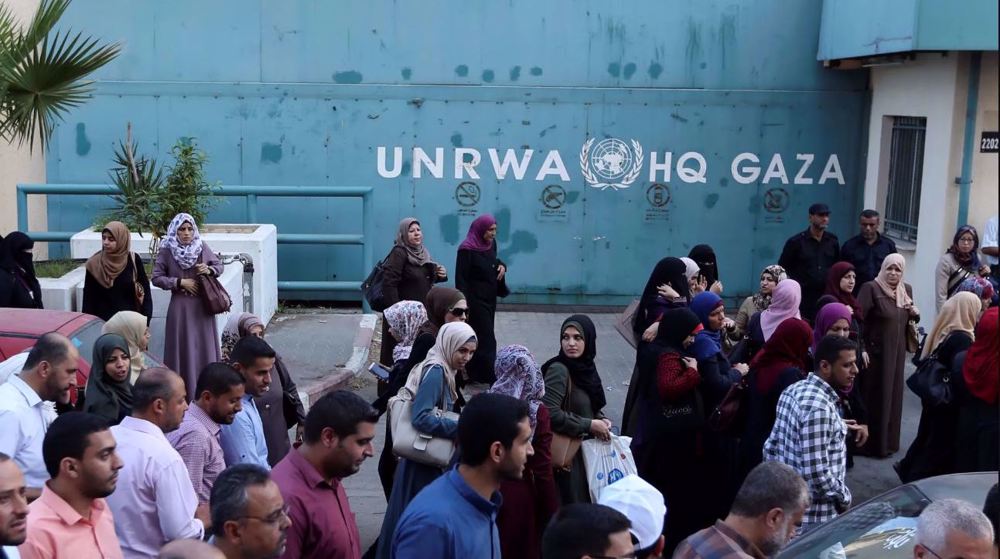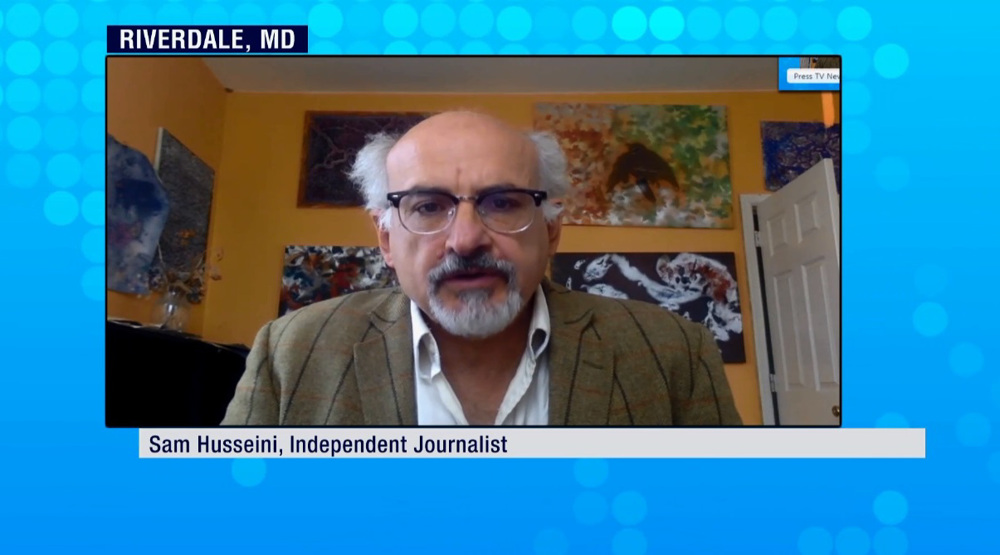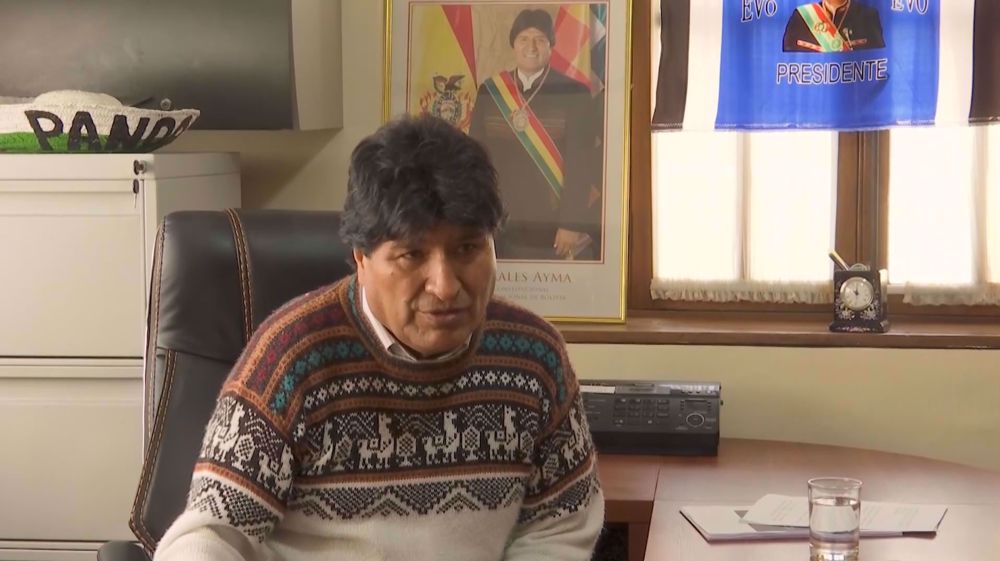Daesh’s days are numbered in Iraq: Commentator
Press TV has conducted an interview with Nabil Mikhail, a professor at George Washington University, to discuss the recent advances on the ground by Iraqi forces against the Takfiri terrorist group of Daesh.
You can read a rough transcription of the interview below.
Press TV: Are Daesh’s days numbered in Iraq?
Mikhail: Yes, this is very much true because they are being expelled from the areas they controlled, unless just they would exist as a widespread sparse guerrilla movement, which I do not think they are able to do because they will be mingling with a lot of militias who are hostile to them. Daesh’s days in Iraq are closed or are over. This is very important.
What does this mean? It means an opportunity to unify all the Iraqis. Please do not renew the Sunni-Shia fights as a result of the liberation of a strategic city. Please do not let them spread their havoc to Jordan or escape to Libya.
So, here is an American responsibility, and I hope that President Obama is fully cognizant of it. Do not let Daesh move its operations to another area. It would also mean a lot of geopolitical debates and a renewed rivalry between the Russians and Turkey. So, this is also something that America has to watch carefully.
So, the liberation of al-Fallujah, which is a brilliant act, basically establishes more American responsibility. And I hope that President Obama personally is up to this job and he will be able or should manage the conflict well.
So, it is an important strategic step and it should be followed by the liberation… and let us see how we can organize a good attack to re-capture Mosul.
Press TV: Speaking of Mosul, we both know it is a significantly bigger and more populated city than Fallujah. How difficult do you feel the task will be to liberate Mosul from Daesh?
Mikhail: OK. This is actually something that I have been thinking about and I am a little bit concerned because, from the reports I read here in Washington, they are saying that there is an expectation of a rebellion from the population, which numbers almost to a million. I’m a little bit worried about this. I have some reservations. For one, Daesh is very brutal and they will not hesitate from killing anyone.
Second, you have to establish a correlation between a potential domestic uprising and advancing forces.
Thirdly, the role of the air force is very important so the air force, whether the Iraqi air force or the coalition fighters and bombers, should really study the landscape very well of Mosul. Perhaps Mosul may require, because of its large size, some parachuting of troops. So, this should also be thought about.
But, please do not establish a parallel between an uprising going on that could be repressed, that could strengthen, or bolster even temporarily ISIL and advancing troops that have not set up a timeframe for when to capture Mosul. For sure, I will never doubt that Iraq will raise its flag very soon over Mosul, but just plan it carefully in terms of tactics and strategy and basically try to encircle the city, move quickly into some lines but do not make the whole situation dependent on a domestic uprising that could be foiled and that could lead to many casualties among the Iraqi people.
Press TV: How would you say Daesh has stayed so well-funded and –equipped all of this time in Iraq and how can Baghdad target that source of funding and support of Daesh?
Mikhail: This is a good question because it will really have regional and international implications, but since you mentioned in your question the government of Baghdad, I believe that Baghdad, as a legitimate government representing the Iraqi people, should demand full banking accounts of those who funded Daesh, who sent the money. And also they should know from either the governments or the intelligence agencies in many countries the communications they intercepted by Daesh because, sadly, Daesh drew a big domestic support from many Arab countries; otherwise the phenomenon should not have lasted that long.
So, this is the crux of the matter. The domestic appeal that resonated well with some people in the Middle East and that should not be repeated and this support should be eliminated. It’s a dangerous group.
Press TV: Do you have any hypotheses who might be at the end of that paper trail?
Mikhail: No, it’s a very important topic. I am delighted to hear that the Iraqi army is unified, is working very hard, the fighters are shedding their blood and excelling in warfare to restore Iraq’s sovereignty but please rethink the plan about Mosul. I want to save lives and I am quite sure this is also your concern.
Google fires more employees over anti-Israel protests
Iran set to build more nuclear power plants: AEOI chief
'Iran’s True Promise ushers in new era for region; strategic implications felt across globe'
VIDEO | Arrest and harassment: US intensifies crackdown on pro-Gaza protests in universities
VIDEO | Press TV's news headlines
France fails to ban anti-Islamophobia protests
In Numbers: 200 days of Israeli genocidal war against Palestinians in Gaza
Death toll mounts in Gaza as Israeli genocidal war marks 200 days









 This makes it easy to access the Press TV website
This makes it easy to access the Press TV website